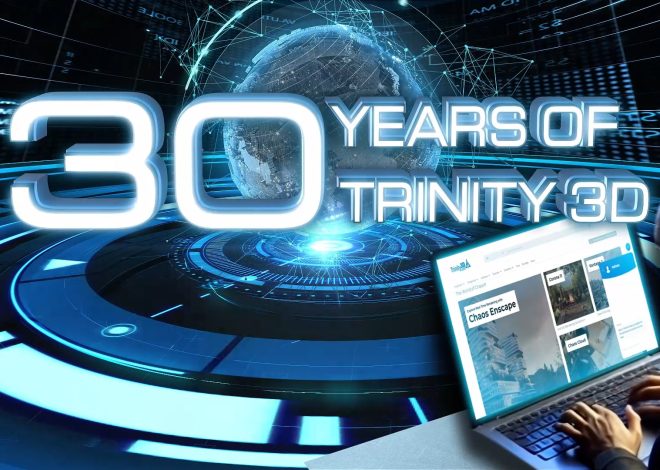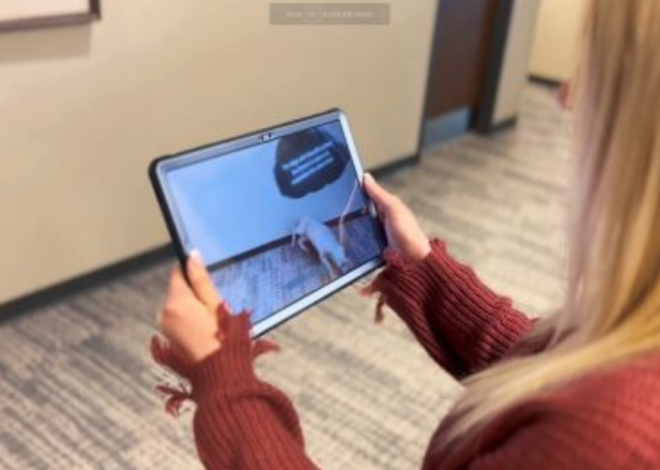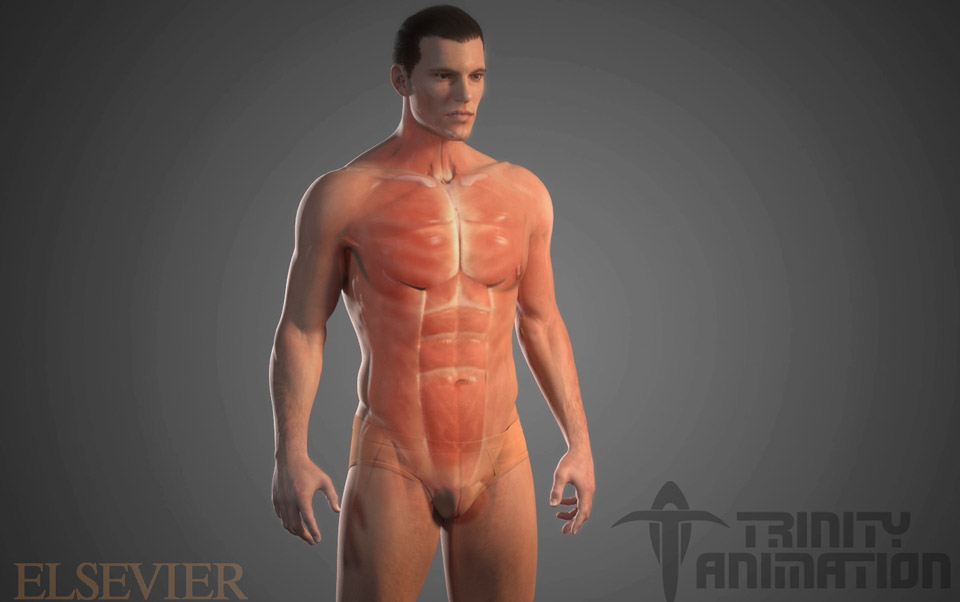
Mozilla Gigabit Grant for Trinity Animation’s VR Medical Education
We’re pleased to announce that we have won a grant from Mozilla and the National Science Foundation to create a Virtual Reality simulator for realtime human body exploration and VR medical education!
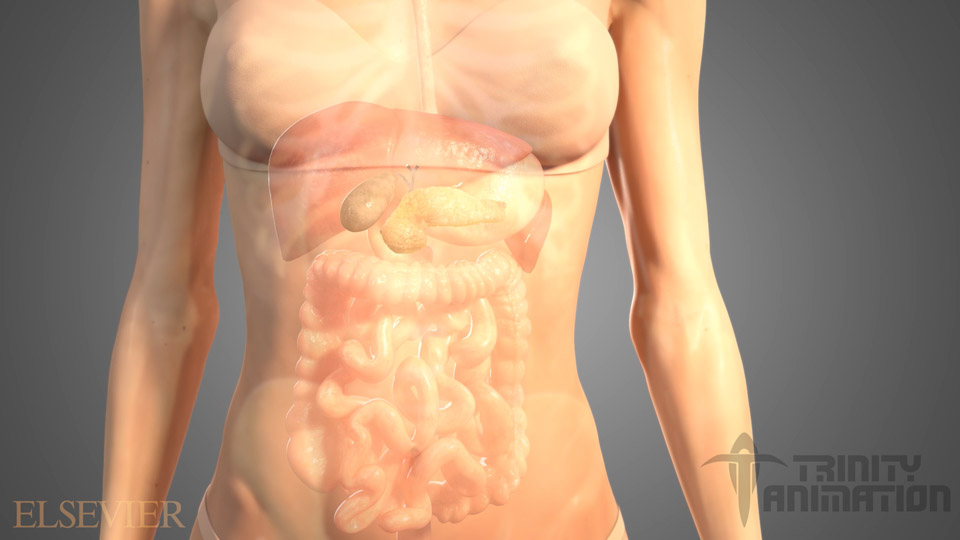
This project will leverage Trinity’s very high quality anatomical models to create a realtime anatomical experience. The project will take advantage of gigabit ethernet speeds (with Trinity now using Google Fiber for 900Mbs up/down speeds) to allow for medical training, supervision and interaction because a teaching physician can view and direct a patient that is working within the VR world to allow for high accuracy VR medical education.
Our expectations are that this technology might provide for much more visceral, realistic and insightful training of medical professionals, particularly with understanding internal healthy and unhealthy processes as well as Standardized Patient (SP) training.
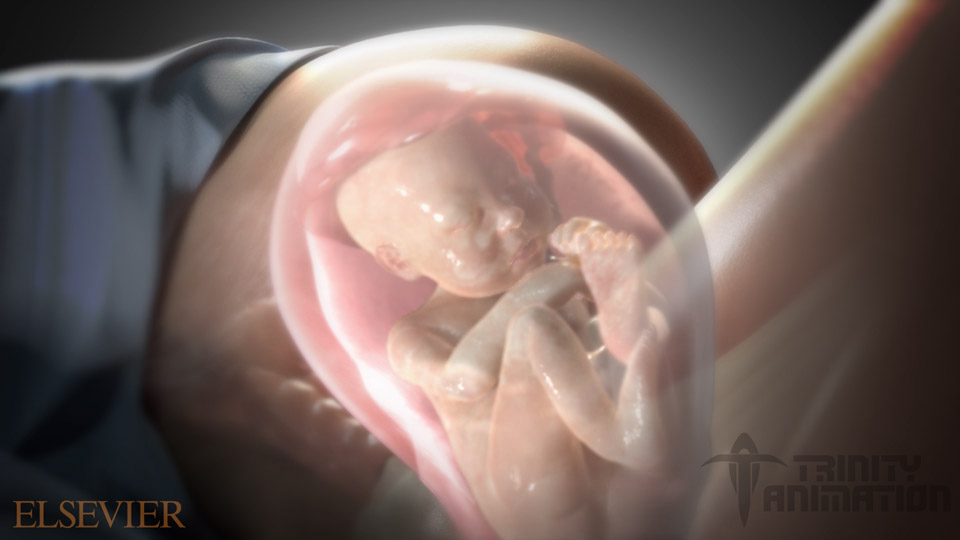
Trinity Animation has years of experience creating highly realistic and detailed anatomical visualization for medical training. Trinity intends to use some of the assets it has developed for 3D medical animation and make them work for real-time virtual reality simulations and engaging VR medical training.
=====
Immersive VR for Local and Remote VR Medical Education — Trinity Animation
Trinity Animation will use high realism medical VR for anatomical education, both local on HTC VIVE and remote via gigabit monitoring.
Mozilla Gigabit Community Fund will support 19 grantees across Austin, Chattanooga and Kansas City
Mozilla is pleased to announce the nineteen grant award recipients in Austin, Kansas City and Chattanooga that will receive support from the Gigabit Community Fund. Grantees across the three cities will receive a total of $241,000 for a 16-week pilot period beginning January 30. The Gigabit Community Fund, a collaboration with National Science Foundation and US Ignite, is investing in projects that utilize gigabit technology to impact learning.
Grantees will utilize the awarded funds to build, pilot, and scale gigabit-enabled applications and associated curricula that have immediate, measurable effect on classrooms and informal learning organizations. Through these projects, Austin, Chattanooga and Kansas City will continue to study how these next-generation networks can impact education and workforce development.

